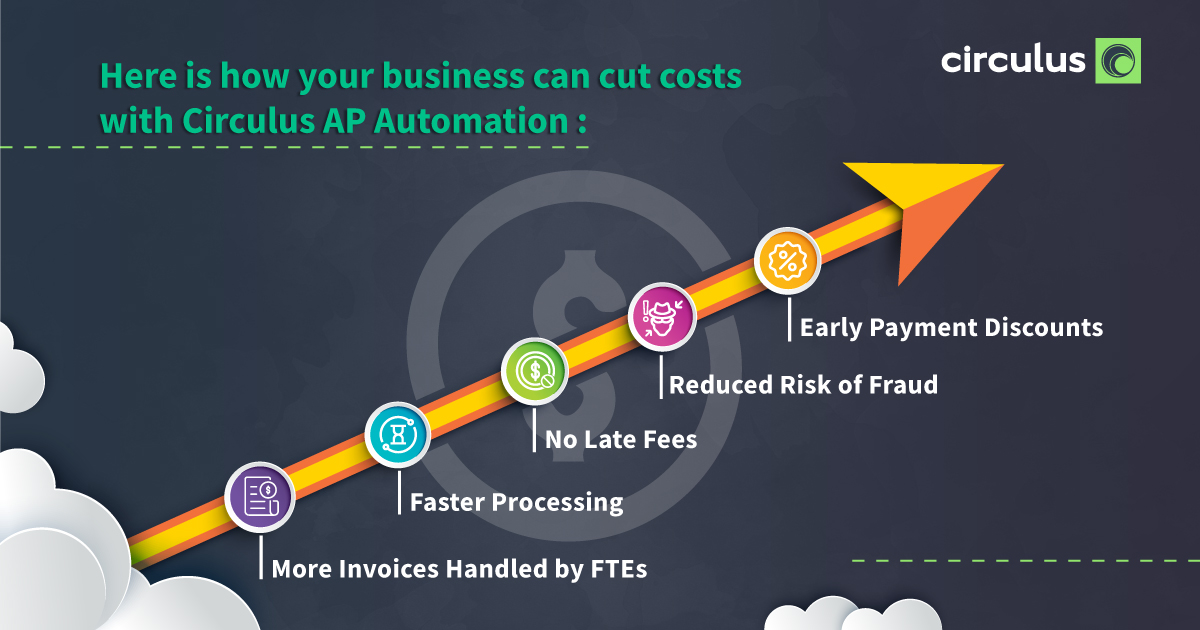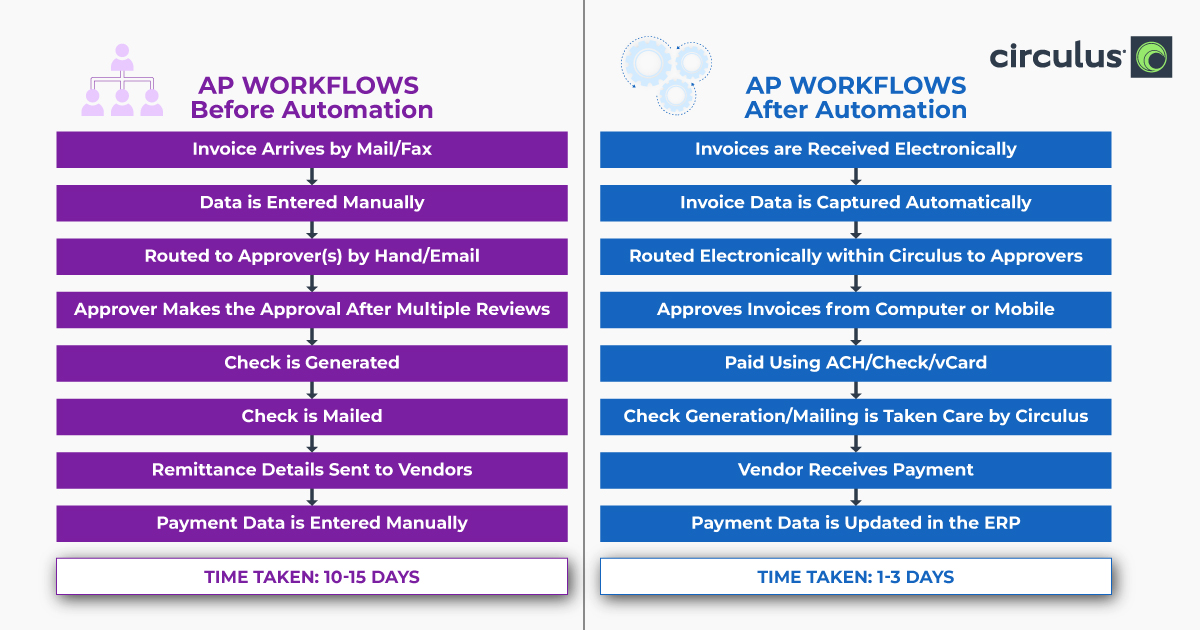Many businesses still conduct reporting using manual data entry and spreadsheets, which invariably results in time-consuming, inconsistent, and effort-intensive processes that usually have many bumps along the road. With automated, cloud-based processes, entries and changes made to a report will be automatically reflected in every single document it touches; this means everyone has access to the same information and all of the data is real-time and accurate. This can add up to a swifter process and leaves a clear audit trail, enabling companies to share reports if and when stakeholders demand updates.
According to WorkMarket’s 2020 In(Sight) Report, 53% of employees said they can save up to 2 work hours a day through automation, and 78% of business leaders posit that automation can free up to 3 work hours a day.
Quick, Valid, and Aggregated
A more sophisticated reporting mechanism results in more accurate reports. Manual processes generally have different people working on many different versions of different spreadsheets, which spurs the probability of major errors. When everyone works from a single, up-to-date data source, the opportunity for errors is much smaller, which means the businesses can complete their financial close faster and more accurately.
In fact, CFOs are noticing the speed and quality automation offers as well. In the Oxford Economics study, “How Finance Leadership Pays Off,” 73% of surveyed CFOs said that automation is improving their function’s efficiency.
Built-In Security
Automated processes in the cloud offer higher levels of security since sensitive data is no longer being passed around in a reporting workflow. Data is stored and updated centrally, and CFOs can control and monitor access, so each person working on the project can only touch the data that is relevant to them.
Companies have long been concerned about the security of their sensitive data and have been wary of trusting their data with third-party providers, but a cloud-based service offers experts who constantly upgrade and improve the security and availability of its applications.
According to Gartner, through 2020, public cloud infrastructure as a service workload will suffer at least 60% fewer security incidents than those in traditional data centers. This means, data is safer and more secure when hosted on the cloud through automated processes,
Automation is a Benefit, Not a Threat
Automation is truly an opportunity to enhance business. Technology is an enabler that helps CFOs and their teams work smarter, not harder. Automation is something that will be intertwined with the strategic moves team members make. Today’s automation applications give users the opportunity to create customized dashboards so they can present the relevant financial results with both internal and external stakeholders, but the responsibility of adding context to this data will fall on the CFOs and their teams.
Once upon a time, financial leaders used handwritten ledgers and manual calculations, which now have transitioned into Excel spreadsheets. This same kind of transition can occur by using data automation to ensure increased accuracy and timeliness for data.






